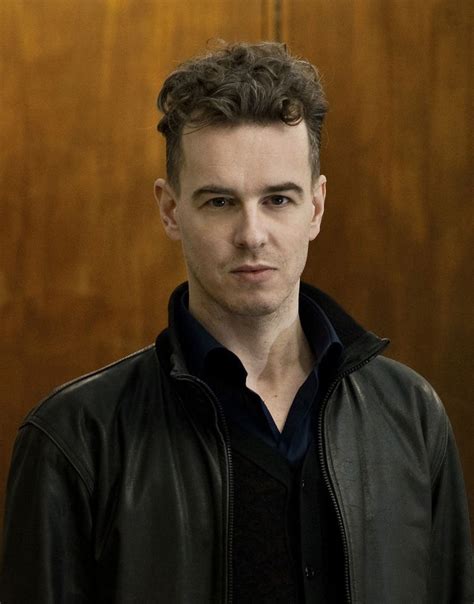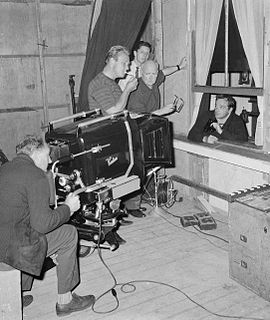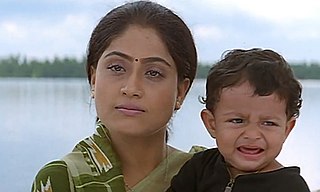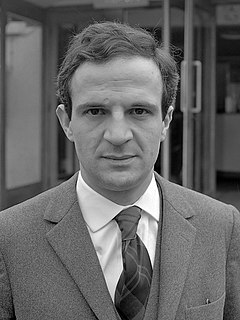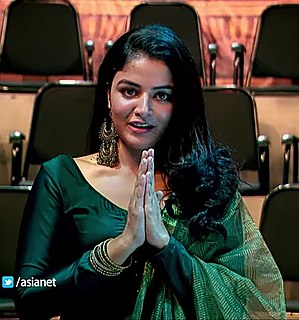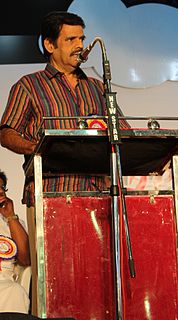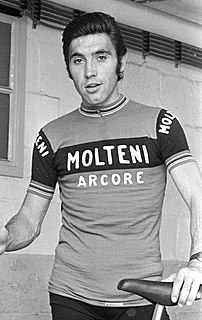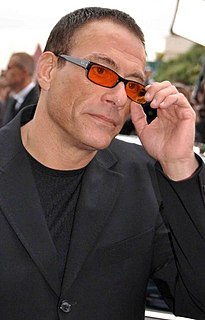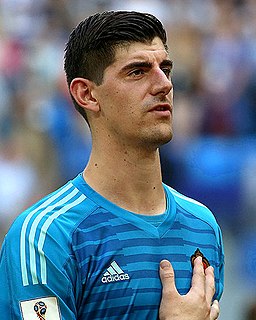A Quote by Nicolas Provost
Well, as a visual artist working with the phenomenon of cinema, the grammar of cinema, [making a feature] was bound to happen. Everything I do is like sculpting with image and sound.
Related Quotes
A film in which the speech and sound effects are perfectly synchronized and coincide with their visual image on the screen is absolutely contrary to the aims of cinema. It is a degenerate and misguided attempt to destroy the real use of the film and cannot be accepted as coming within the true boundaries of the cinema.
3D is very exciting. I love it. I'm a complete convert. Everything for me, from now on, is 3D. I'm completely convinced it's the future of home entertainment, as well as cinema entertainment. I think it's a paradigm shift, in terms of cinema, and those things don't happen very often. The introduction of sound, the introduction of color photography and now 3D have been the big shifts. They happen once every 40 or 50 years, so it's very exciting to be a filmmaker, working while one of them is happening.
